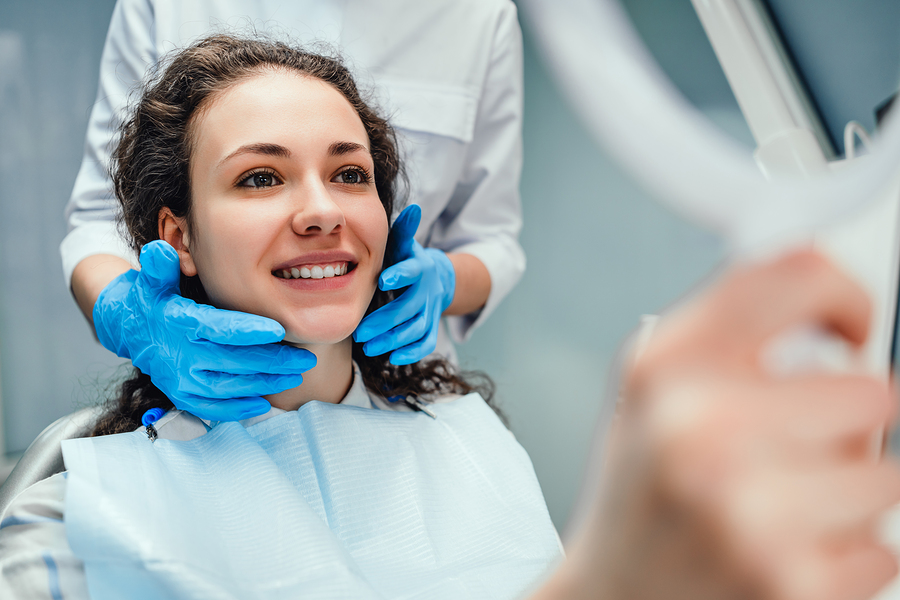One patient of mine, forty-five-year-old Ann, had come in for a root canal when she opened up to me about another area of her life, one that she was initially almost too embarrassed to tell me about. “I don’t even know how I can talk about it,” she confided. After a little coaxing, she finally shared with me something that she had kept to herself for several months: She found out that she snored and, because she was so embarrassed about it, she no longer wanted to sleep in the same bedroom with her husband. Her husband had not said a word; it was Ann’s sister who informed her that she had a snoring problem when they had slept in the same room while taking a trip together.
She was mortified, but the truth is, more people snore than you realize – more than Ann realized. So often, individuals don’t even realize they are snoring, but when they find out they do it’s embarrassing and there’s an immediate hunt for a solution. In Ann’s case, she thought it was due to getting older and thought having plastic surgery as well as other age-rejuvenation remedies would help. While aging can be a factor, it’s not necessarily the main culprit – even babies snore.
It was then that I demonstrated for Ann how easy it would be for me to fix her snore. As a child, I had perfected a “snore” while mimicking a beloved uncle. I shared that “perfect snore” with her, then quickly silenced it by moving my lower jaw forward a little. “See?” I explained. “With my jaw forward, I don’t snore.”
A seemingly small fix for a condition that is actually quite detrimental to your health. Snoring is often a sign that you have an obstruction in your airway making it harder for you to breathe while you sleep. By fixing your snore, you will be able to sleep better and have better health. What I did with Ann next, is what I do with all patients to help diagnose and treat sleep apnea. I performed a full examination on her and then sent her for a sleep study, which confirmed obstructive sleep apnea (OSA). I fitted her for an intraoral appliance, and she had immediate results.
What are intraoral appliances exactly? They are nonsurgical solutions to breathing-related sleep disorders and temporomandibular disorder (TMD). TMD is a painful disorder of the jawbone hinge, or the temporomandibular joint (TMJ). While not everyone suffers from both sleep disorders and TMJ, there is increasing evidence that a strong connection exists between the two.
If you’ve discovered yourself snoring either from waking throughout the night, or from loved ones, like Ann, there’s something that can be done. Dismissing it as nothing more than aging will actually make you age quicker due to the lack of restful sleep that you’re getting. Learn more about how to treat you sleep apnea by visiting https://www.tmjcentrent.com/.
